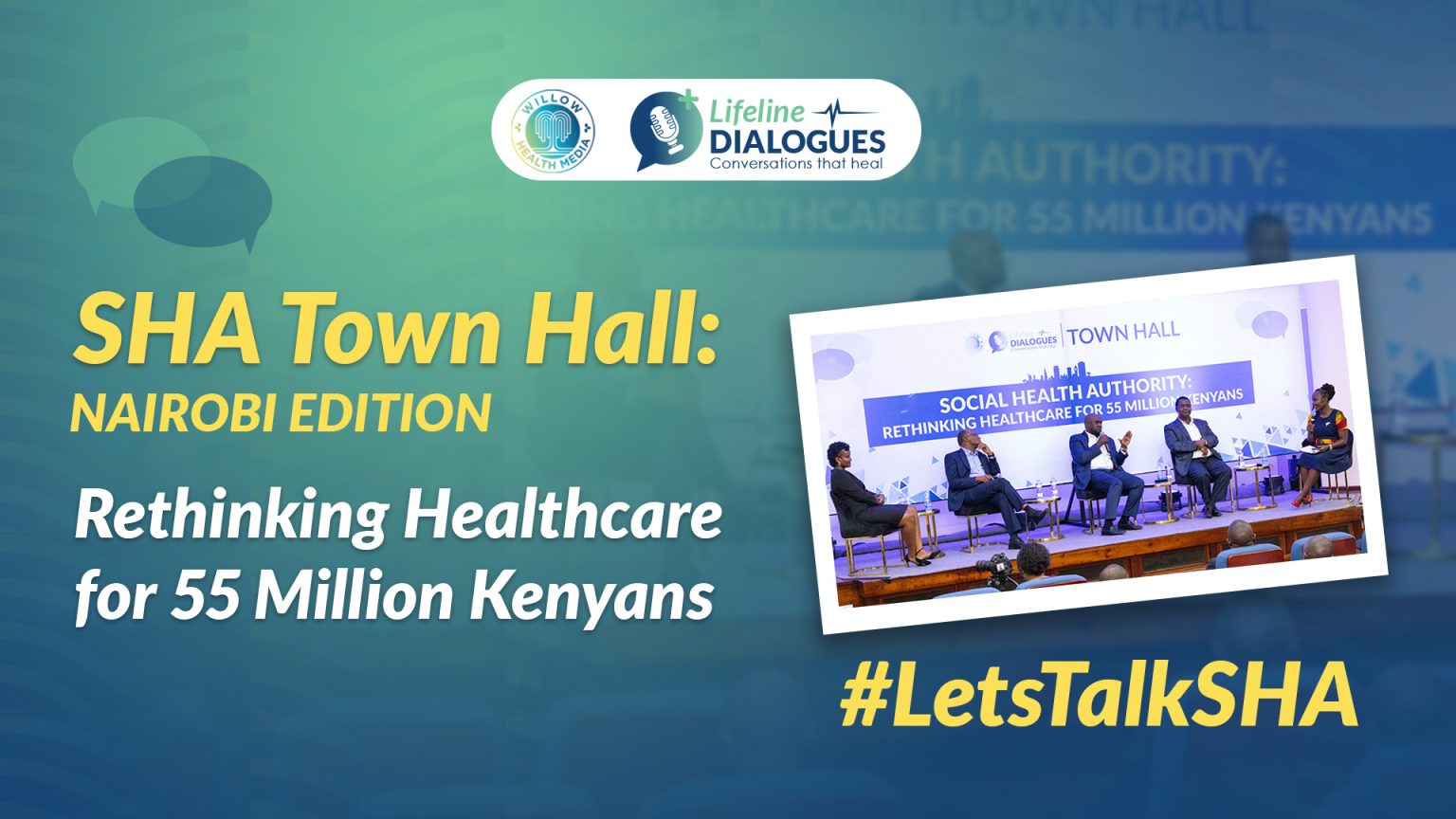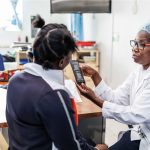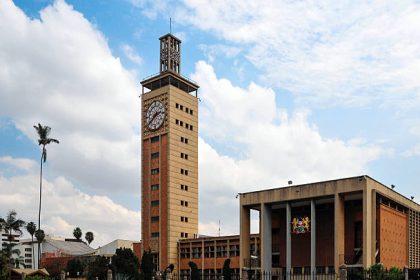This game-changing dialogue set out to close the cracks in Kenya’s healthcare system, giving voice to public concerns, spotlighting real challenges, and surfacing bold, practical solutions on Universal Health Coverage.
Willow Health Media hosted its inaugural public dialogue forum at the Kenya Medical Research Institute (KEMRI) headquarters on April 15.
Themed “Let’s Talk SHA,” the event brought together Kenya’s top health leaders, stakeholders, and citizens to engage in candid, constructive discussions on the transition from the National Health Insurance Fund (NHIF) to the newly established Social Health Authority (SHA).
This pivotal conversation aimed to bridge gaps in the healthcare system, amplify public concerns, and share actionable solutions for Kenya’s journey toward Universal Health Coverage (UHC). As discussions unfolded, it was clear that while progress has been made, substantial challenges remain in realising an equitable and sustainable healthcare model for all Kenyans.
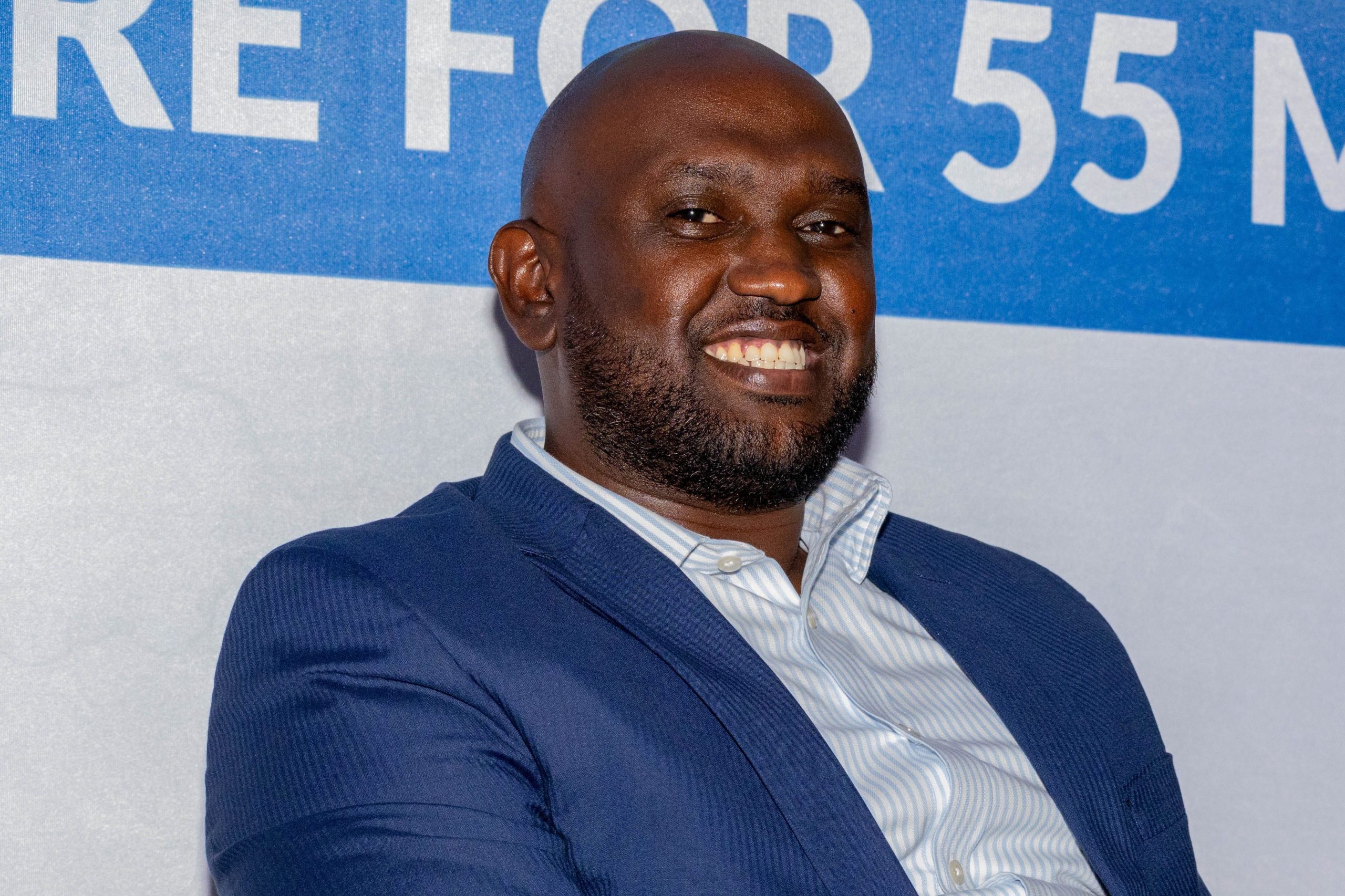
The Social Health Authority (SHA), created in late 2024, is tasked with replacing NHIF and steering the country toward inclusive, accessible, and quality healthcare. In just six months, SHA has registered over 20 million individuals, marking a significant leap compared to NHIF’s historical 24 per cent population coverage over decades.
Dr Abdi Mohammed, the Chairperson of SHA, said they’re making impressive strides despite its relatively short existence.
“We need registration for equitable budgeting, fraud prevention, and ensuring access to primary healthcare. It’s not optional, it’s essential,” said Dr Mohammed.
One pressing concern was the burden of unpaid NHIF claims, some dating back to 2016
He highlighted that about 50,000 people are registering daily through both digital and in-person channels, and SHA’s goal “is to create a system that is not only inclusive but is also transparent and accountable.”
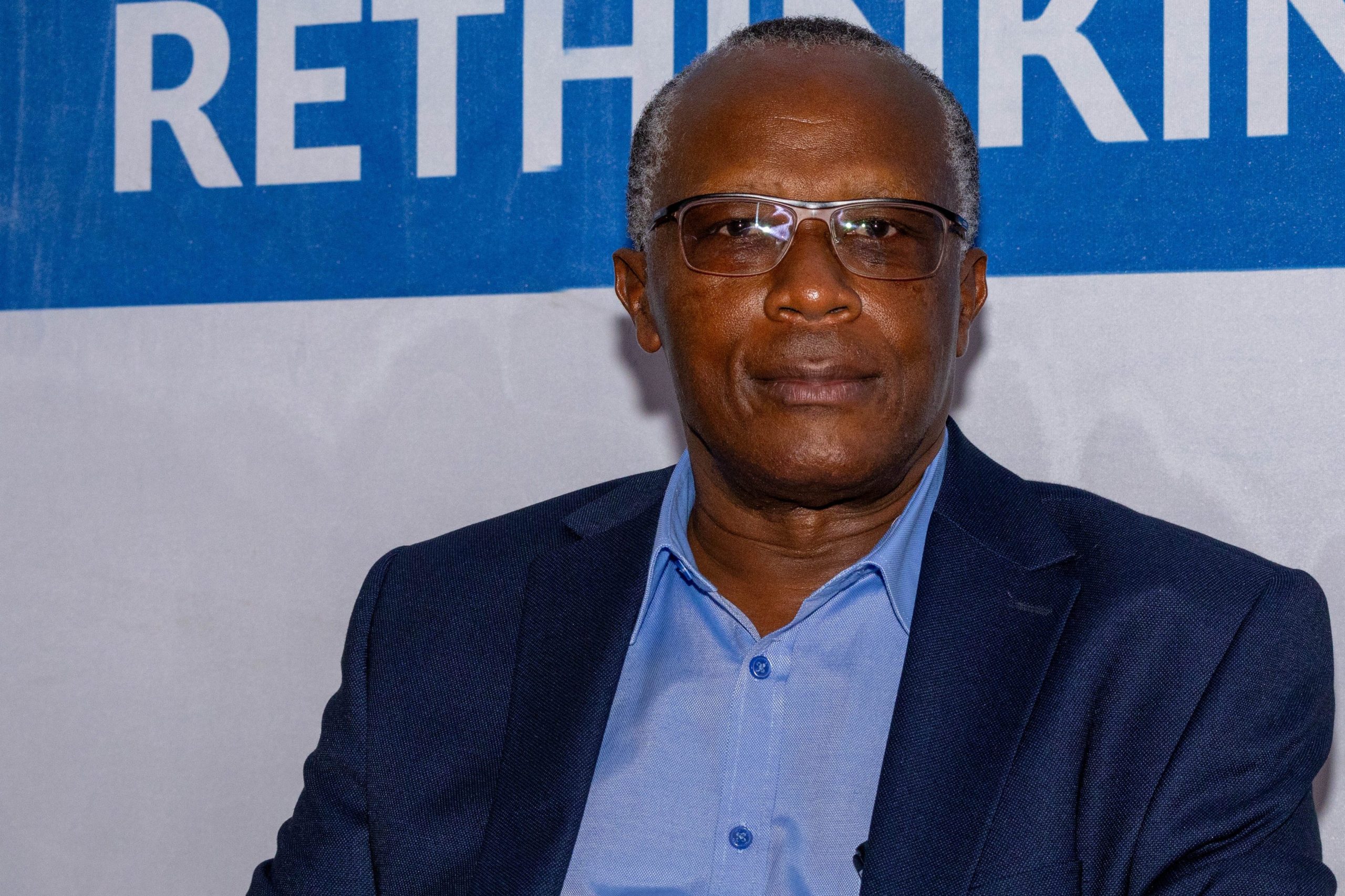
Indeed, strategic inclusion is a core tenet of SHA’s design, ensuring that women, men, youth and persons with disabilities are considered.
And while the rapid growth of SHA is commendable, the Town Hall revealed several critical challenges that need addressing.
One pressing concern raised was the burden of unpaid NHIF claims, some dating back to 2016, and now inherited by SHA in hundreds of millions, such that they’re “undermining hospital operations and eroding trust,” noted Dr Kanyenje Gakombe, Chair of the Kenya Healthcare Federation.
Dr Mohammed, acknowledging the gravity of the situation, admitted, “NHIF operated like a ‘Ponzi scheme’ pay outs exceeded premiums, making it financially unsustainable,” and SHA was diligently rectifying these past mistakes and ensuring the healthcare system remains financially viable.
Need for cost models that incorporate targeted subsidies for low-income households
Dr Anita Musiega, a health economist, raised issues with the disparity between current contributions and the true cost of comprehensive healthcare.
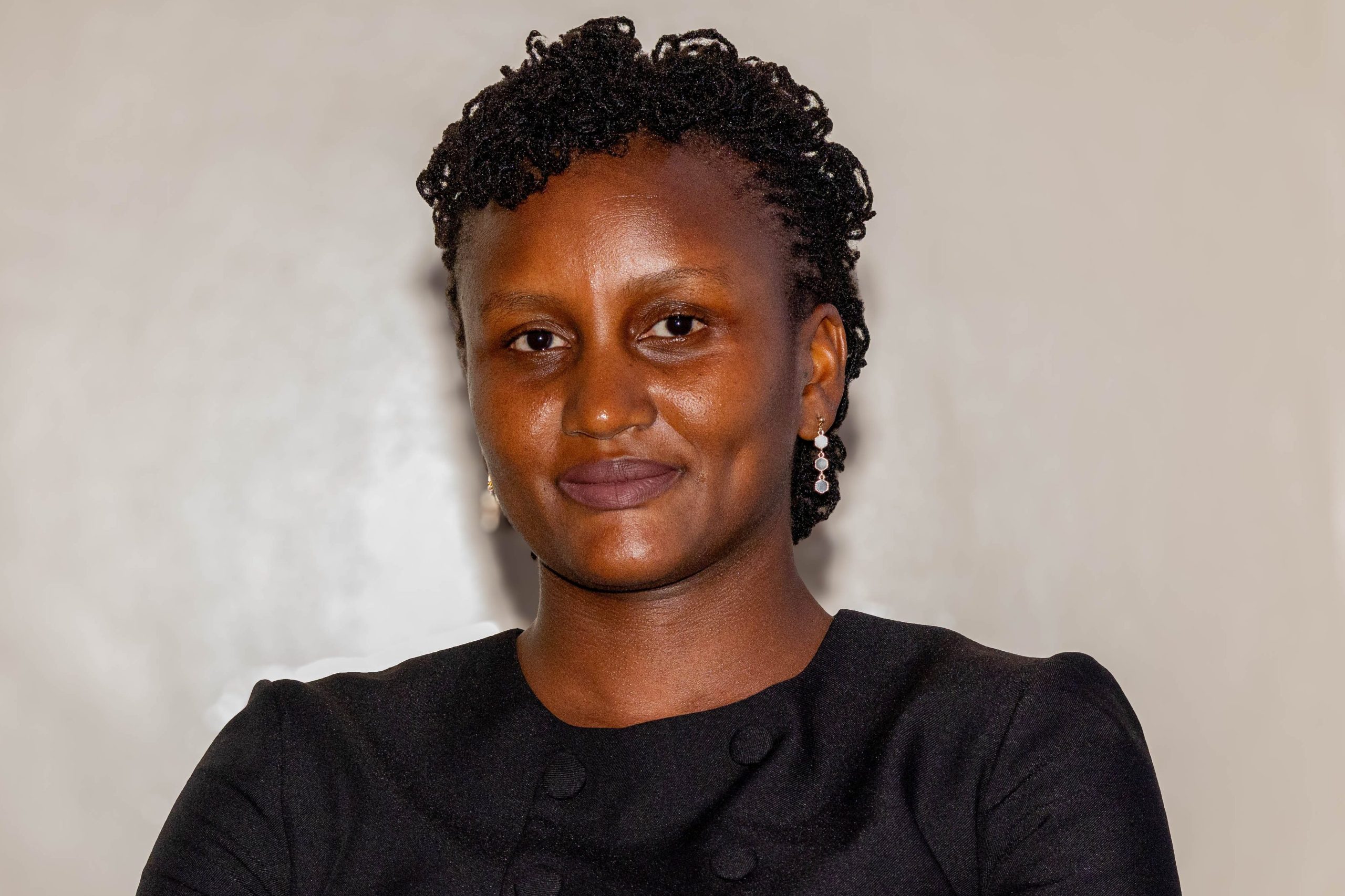
“While households are currently contributing between Ksh300 and Ksh800 per month, the estimated cost for comprehensive healthcare is Ksh20,000 per household annually,” Dr Musiega explained, stressing the need for realistic cost models that incorporate targeted subsidies for low-income households.
“We need a more accurate costing approach and a system that can protect the most vulnerable,” asserted Musiega, underscoring the need for a healthcare system that prioritises equity while addressing the financial sustainability of SHA.
Legal challenges were also a central theme of the evening.
Dr Mutakha Kangu, a constitutional law expert, expressed concerns over the legality of linking SHA contributions with access to other government services.
Dr Kangu proposed channelling “fuel or sin taxes to support the SHA”
He warned that such a model could infringe upon the right to emergency care and economic freedoms, particularly for those in the informal sector. “The right to access emergency care cannot be conditional on whether someone has paid into SHA or not,” Dr Kangu cautioned.
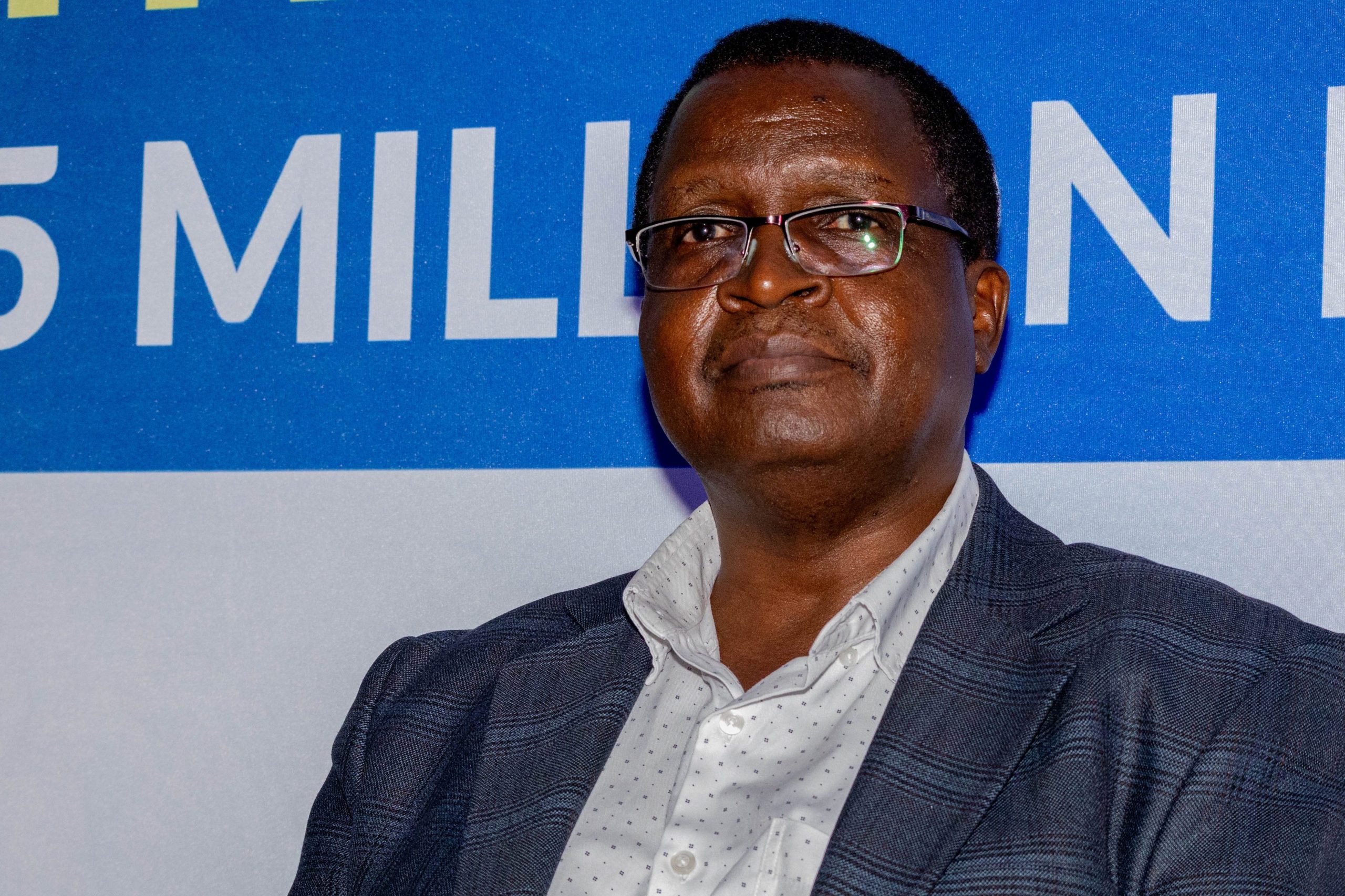
He suggested that the government consider alternative revenue streams, like earmarking taxes to provide a sustainable funding mechanism for healthcare.
Dr Kangu proposed channelling “fuel or sin taxes to support the SHA.”
Despite SHA’s widespread digital footprint, public engagement remains limited, with significant gaps in understanding.
Juliana Kingo, a Community Health Promoter from Embakasi, shared the struggles faced by low-income earners in registering for SHA. “Many people are unaware of the need to register, and those who are aware cannot afford the basic premium,” Kingo noted.
Dr Mohammed acknowledged these communication challenges, emphasising that misinformation often outpaces official communication. “We are actively engaging in public sensitisation, but misinformation is a major barrier,” he said.
Dr Gakombe also underscored the importance of digitising health records and registration processes to ensure transparency and prevent fraud arguing, “Digitisation is essential for restoring public trust and making healthcare more efficient.”
Prosecution of fraudulent activities among healthcare providers and claimants
Throughout the Town Hall, panellists emphasised the need for greater accountability within SHA. Dr Mohammed and Dr Gakombe both called for the prosecution of fraudulent activities among healthcare providers and claimants to ensure that the system remains trustworthy, as “Accountability is key to ensuring the integrity of the system,” said Dr Mohammed.
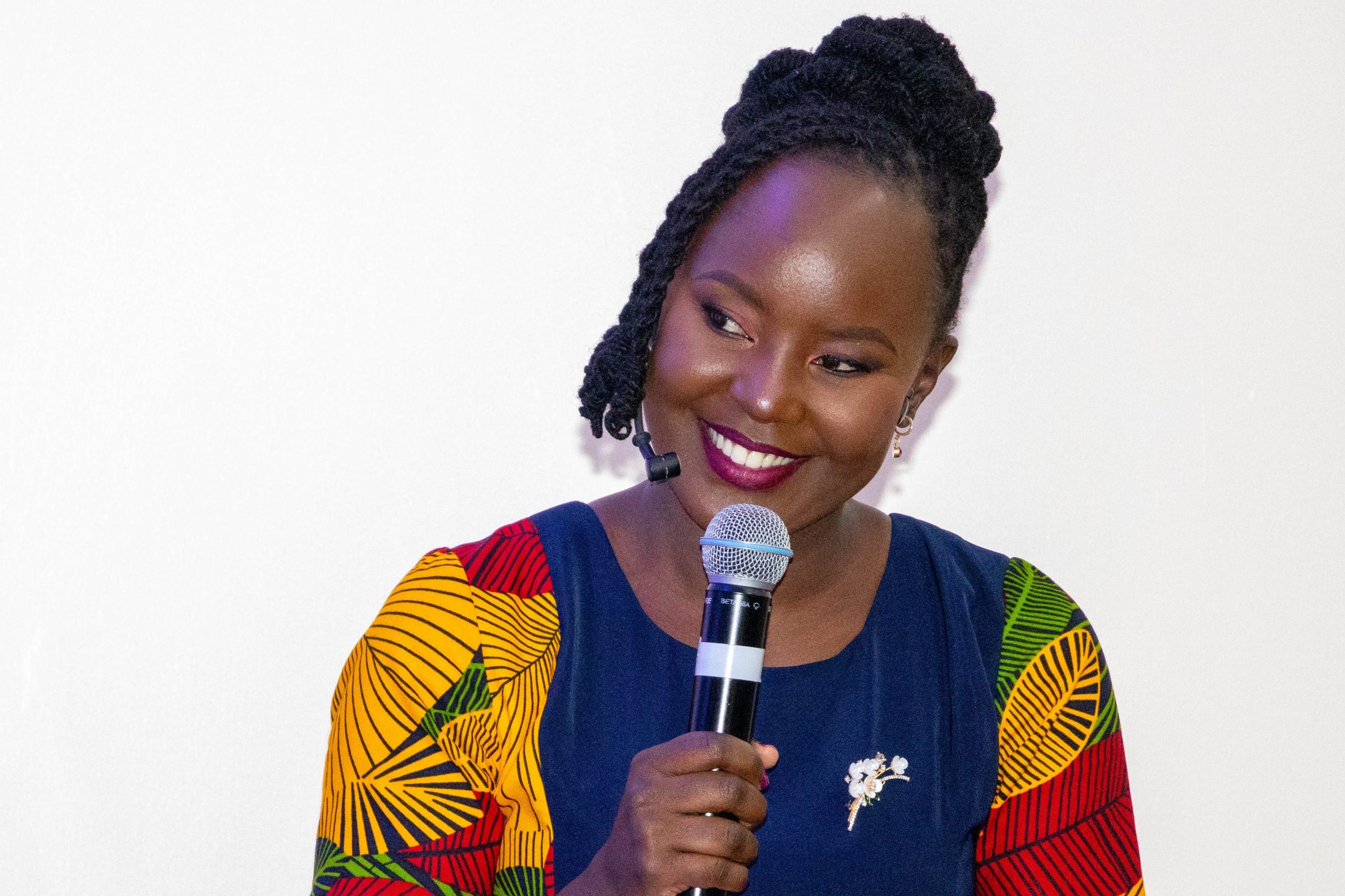
The panel also stressed the importance of inclusive governance. Dr Mohammed and Kingo both highlighted the need for diverse representation in SHA’s decision-making processes to ensure that the voices of youth, women, and persons with disabilities are heard and considered. “Everyone, regardless of their background, must have a seat at the table,” Dr Mohammed concluded.
As the Town Hall ended, Dr Mercy Korir, CEO and Editor-in-Chief at Willow Health Media, captured the evening’s essence: “This is not just about policy it’s about lives, livelihoods, and the future of our healthcare system” and that the event was only the beginning of a larger, nationwide conversation.
Willow Health Media has committed to hosting more regional town halls across Kenya to deepen grassroots engagement and promote accountability in healthcare reforms.
While SHA is still in its early stages, the commitment to transparency, legal reforms, and strategic inclusivity offers hope for a more robust and equitable healthcare system in the future.



